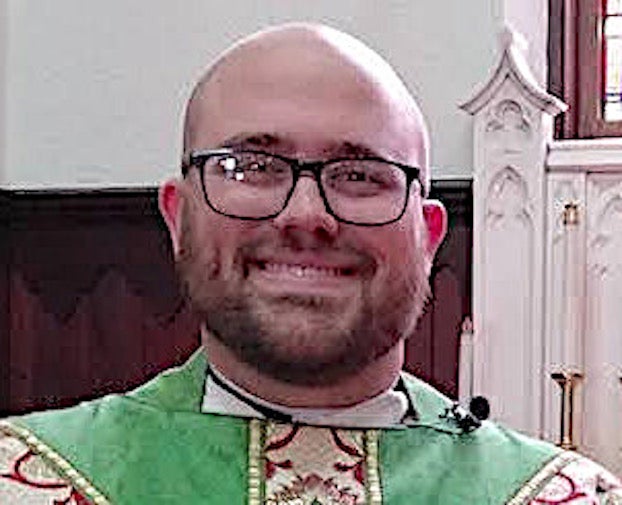Make God real for someone today
Published 8:56 am Thursday, June 2, 2022
|
Getting your Trinity Audio player ready...
|
The question is being asked, though it might be asked in hush whispers behind closed doors: “Where is God in all of this?” By all of this, I really mean all. Climate change bringing climate disasters. Divisive politics reducing us to ideological tribalism. And then the shootings. Buffalo, Uvalde, and the 17 mass shootings that have happened since that horrible day. Where is God in all of this?
People in the South who are used to polite and tidy religion may find that very question scandalous. Yet, after sunset, behind closed bedroom doors, they’re asking the question too. And if you aren’t religious, perhaps you look at people of faith in times like this and wonder, “Why bother believing when it seems like your God is busy elsewhere?”
I have asked both of those questions at various points in my life, even as a priest of the Church. I remain convinced that such questions are not only good but necessary in a world likes ours, a world constantly on the brink.
Here’s how I came to peace with those questions. It was after the 2018 shooting at Marjory Stoneman Douglas High School in Parkland, Florida, on Valentine’s Day. It also happened to be Ash Wednesday. As I preached, I couldn’t handle any longer the cognitive and emotional dissonance I was feeling. I was utterly helpless, hopeless even, and stared at the large crucifix in my church and let flow my rage and anger.
Then, something happened. Something leaked out of my heart. I could no longer justify believing in God as a Supreme Being, all powerful and all knowing. Because if God had the power to stop such things, and chose not to, then I contend such a God is no longer worthy of our worship.
In casting down that idea of God as Supreme Being, I opened myself for another richer understanding of God. As a Christian, I believe that God was most fully revealed in Jesus of Nazareth. His ministry was one of relationships, of tending to the deep personal needs of hurting people as well as challenging the forces of empire. He did this, however, not by mighty acts of power, but by the humble sacrifice of his whole life. He modeled a different kind of power. The power of weakness, humility, and relationality.
When people ask me, “Where was God?”, my response is to suggest that looking for God in mighty acts of power is the wrong place to look. In moments of tragedy and pain, we should look at the faces of those who stepped in to help, the faces of those who are willing to serve and suffer alongside of those who are hurting. Through their actions, through their prayers and tears even, God happens. God is made present when people take action to make God an actual presence in the moment. That is not to say God isn’t already present, for I agree with Carl Jung: “Bidden or unbidden, God is present.” But God becomes known in a distinctly personal way through the words and deeds of regular people who step up to make the world a better place, one person at a time.
Somedays I wish I could have my old God back. The all-powerful and all-knowing God of my youth. Because waiting on that kind of powerful God to act in the face of horror makes it really easy for me to avoid my responsibility as a citizen of the world. Yet I know from experience that healing comes when people gather together, hugging, crying, and sharing the peace of God. God happens in that moment. God is known as a suffering God who joins us in our pain. We then see what God has been calling us to all along, for even Jesus said his disciples would do greater things than he. We are the only hands and feet God has in this world, and we simply cannot wait on God to do what we should have been doing ourselves all along.
So, make God real for someone today. With a smile, or a wave, or any other gentle reminder that we don’t have to move through this painful world alone. In that way, you can know precisely where God is in all of this. To quote again Jesus: “The kingdom of God is within you.”
Chris Adams is the Rector at St. Peter’s Episcopal Church in Washington.





